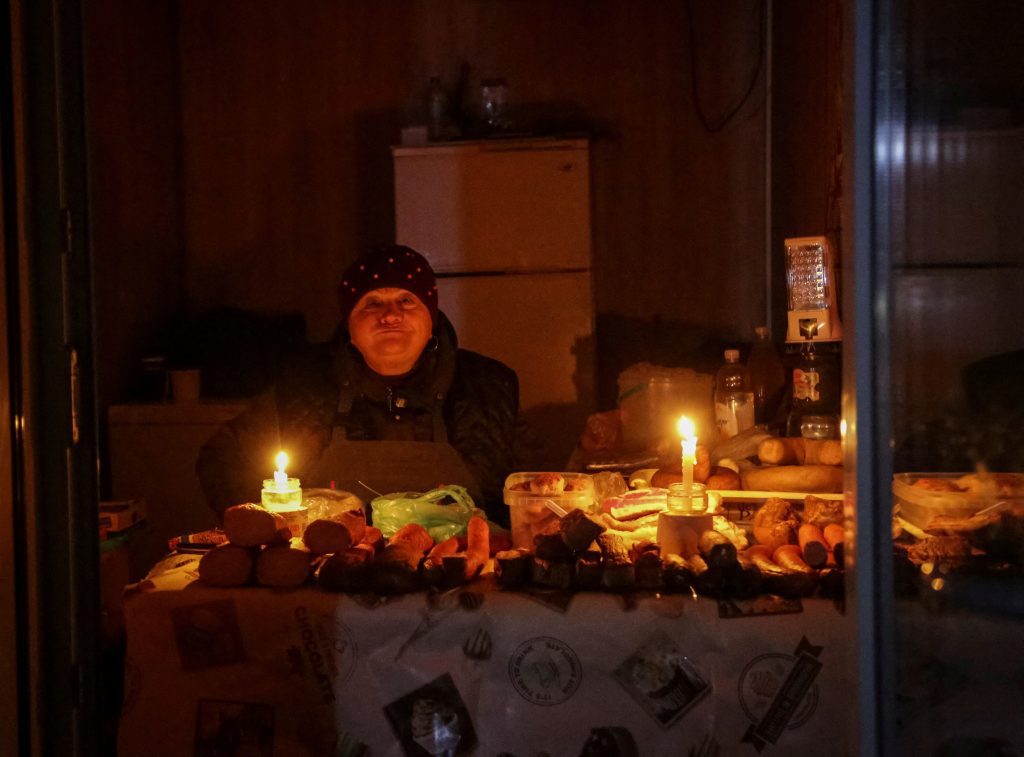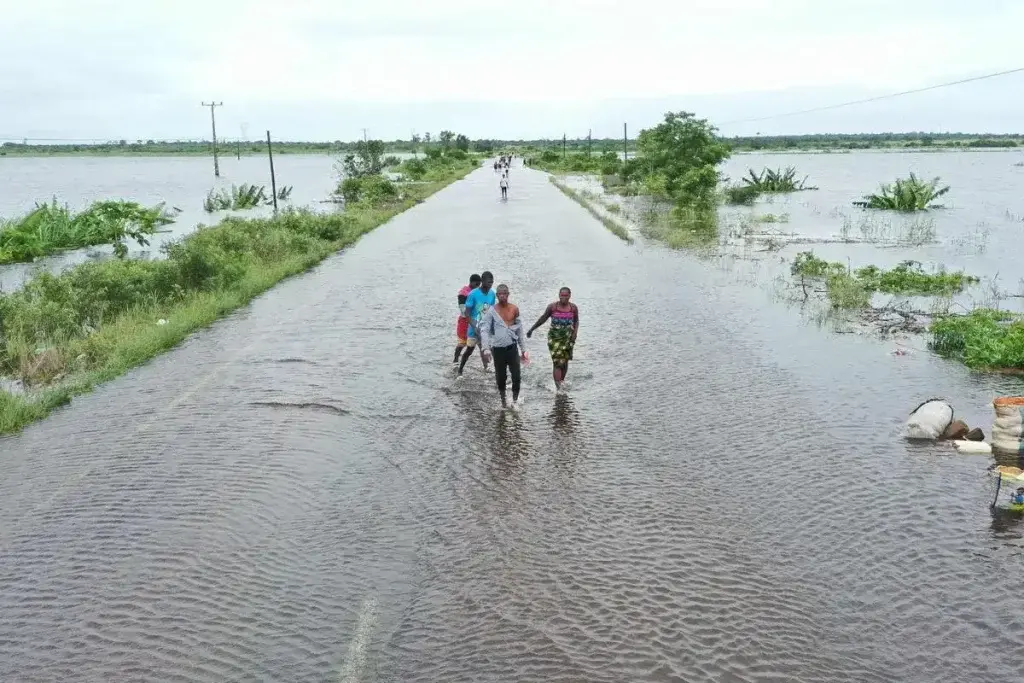Every morning, dimly lit and stuffy classrooms come alive as children take their seats. Sunlight is the only source of light, streaming through wooden windows.
Students strain their eyes to read their books and focus on the blackboard, as teachers try to keep their attention. This is the reality for many schoolchildren in Nigeria, where numerous schools lack access to the national electricity grid.
At Excellent Moral School in Ibadan, founder Muyideen Raji explains how this impacts learning:
“Education has moved beyond just writing and listening to teachers. It’s digital now, and we can’t give students the best without electricity,” he says.
In Ibadan, communities like Excellent Moral School’s have no electricity, while nearby areas are connected to the grid but still suffer frequent power cuts. These communities rely on costly private generators that run on gasoline or diesel. Now that fuel subsidies are gone, many households, schools, hospitals, and businesses struggle with rising fuel costs for their backup generators.
Lorat Nursery and Primary School in Ibadan stopped using its diesel generator due to the high costs, says headteacher Abdulhakeem Adedoja. Although the school is in an area connected to the grid, power outages can last for weeks.
“We can’t even use our gadgets because there’s no electricity,” he says, while unused computers gather dust in a classroom.
The lack of electricity affects more than just digital learning. Without proper lighting and fans, classrooms remain hot and uncomfortable for students and teachers. Additionally, students struggle to complete homework at home due to a lack of power.
Adedoja fears the school may have to close as people are leaving the area:
“Some families have moved because there’s no electricity here, and we are losing students because of it,” he says.
Nigeria has less than 8,000 megawatts of power capacity, and the average supply is below 4,000 megawatts — far below what is needed for the country’s population. Power outages are a daily challenge.
For small businesses like restaurants, the choice is either to close or run on costly backup generators. Ebunola Akinwale, owner of Nature’s Treat Cafe in Ibadan, spends 2.5 million Naira (about $1,700 USD) each month to power generators across her four branches.
“Some months, it feels like I’ve made no profit. What should have gone into savings or business growth ends up going into power costs,” she says.
“It’s not just power, though. Suppliers are also struggling with the same power issues, so their costs have gone up too, which raises the prices of raw materials.”
Despite the abundant sunshine in Nigeria, major solar projects remain difficult to fund due to the hesitancy of investors. As a result, millions of Nigerians are finding ways to cope with little or no electricity.
“If nothing changes or it gets worse, I might change my business model,” says Akinwale. “Maybe I’ll focus more online, close a couple of branches, and invest in delivery bikes to cut costs. I’m passionate about my business, so I won’t shut it down completely, but I’ll have to find ways to be less dependent on power.”























